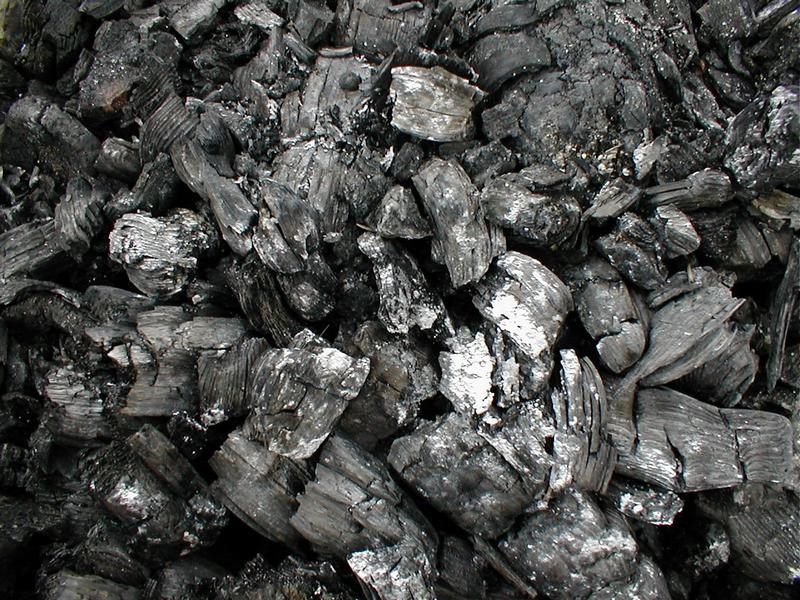
Coal is falling out of favor in the U.S., a trend that is likely to continue as long as market forces driven by low-cost natural gas remain in play, according to Thomas Covert, an assistant professor of economics at the University of Chicago and co-author of the paper “Will We Ever Stop Using Fossil Fuels?”, published recently in the Journal of Financial Economics.
Weaning the world off fossil fuels will require government action, Covert said, with one possible exception. “Can market forces solve [the fossil fuel] problem? Aside from maybe coal in North America, the answer is no,” he said Monday at an event hosted by the United States Energy Association.
In the case of oil and natural gas, however, the markets tell a different tale. “The fossil fuel industry [has] found and produced this stuff at a fairly constant rate for the last 35, and, in fact, I’d say 60 or 70 years, and it’s hard to imagine them just forgetting how to do that immediately. Providing some important, unambiguous, market incentives to pull back that activity is going to be necessary. It’s not going to be something the market will solve for you.”
Such market incentives could come in the form of environmental standards, cap-and-trade programs, or carbon pricing.
As for coal, the writing is on the wall, Covert said, noting that the carbon-heavy fossil fuel was surpassed by natural gas last year in U.S. energy production.
Oil and gas producers have consistently discovered as much new product as is being consumed annually, resulting in an almost constant five-decade supply for the last several years. On the other hand, coal’s reserves have decreased, Covert said, though he granted the known supply of coal is substantial. Global roal reserves have fallen from almost 200 years of future coal consumption available to roughly 120 years of future coal consumption in just over 15 years, according to Covert’s data.
This makes it clear that coal is unlikely to be driven out of the market due to lack of supply, according to Covert, but due to lack of demand.
“Could we run out of demand for coal? … I think the answer is yes,” he said. “Coal’s primary use, at least in the West, is for electricity generation. … In electricity generation there are lots of alternatives for coal: gas, nuclear, renewables with and without storage, [and] energy efficiency measures on the demand side.
One thing could keep coal in the running, however. “There’s very little, aside from big technological progress in carbon capture and storage, that we can do to reduce CO2 without pretty much just reducing the amount of fossil fuels we combust,” Covert said.